Nurses keep America’s hospitals running, but today their ranks are thinning faster than they can be replaced. From bustling urban ERs to rural critical-access hospitals, staff rosters are dotted with vacancies—part of a projected 78,000-RN shortfall by 2025, according to the Health Resources and Services Administration.
COVID-19 pushed the profession to a breaking point: more than 100,000 nurses left the workforce in 2020-21 alone, and surveys suggest up to 40 percent are weighing an early exit within the next few years. The consequences are immediate and stark: higher infection rates, longer waits, closed maternity wards, and exhausted nurses stretched across too many beds. Yet amid the strain, lawmakers, hospital leaders, and nurses themselves are testing solutions—from safe-staffing bills and retention bonuses to expanded nursing-school seats and smart-tech support on the floor.
This article dives into the scope of the shortage, the human and financial stakes, and the emerging playbook for rebuilding a resilient nursing workforce—at home and around the globe.
Scope of the Nursing Shortage in the U.S.
The United States is experiencing an alarming and persistent nursing shortage that shows few signs of abating. By most measures, the nation faces a shortfall of tens of thousands of nurses, with demand outpacing supply in nearly every region.
The federal Health Resources and Services Administration (HRSA) projected a deficit of about 78,000 registered nurses (RNs) by 2025, only slightly improving to ~63,000 by 2030. By 2035, 42 U.S. states are expected to still have nursing staff shortages – some meeting only ~84% of their needed RN workforce. This gap is driven by multiple factors: an aging population requiring more care, waves of nurse retirements, and an insufficient pipeline of new graduates. For example, one in five nurses are over age 65 or nearing retirement, and more than 1 million RNs are projected to retire by 2030. Compounding the issue, nursing schools cannot train replacements fast enough – over 65,000 qualified applications were turned away in 2023 due to faculty and capacity shortages.
COVID-19 Made Nursing Shortage Worse
Recent data underscores how COVID-19 worsened the situation. From 2020 to 2021, the total supply of RNs in the U.S. plummeted by more than 100,000 – the largest drop observed in four decades. Many who left were relatively young (under 35) and primarily working in hospitals. Although the RN workforce recovered modestly in 2022-2023, it remains below pre-pandemic expectations. The U.S. Bureau of Labor Statistics estimates the country will need to fill about 194,000 RN openings each year through 2032 to meet growing demand and replace retiring nurses. That figure far exceeds the number of new nurses entering the field annually, reflecting a pipeline under strain.
Nurse Employment Snapshot
The U.S. has roughly 9 nurses per 1,000 people on average, but states like Georgia, Texas, and Utah have only ~7 per 1,000. National nurse unemployment remains very low (~1%), meaning virtually every nurse seeking a job can find one. Yet hospitals and clinics nationwide report hundreds of thousands of vacancies collectively. In early 2022, 1 in 6 U.S. hospitals reported a critical nursing shortage, forcing some to ration services and even close units. By 2023, the American Hospital Association warned that chronic understaffing was limiting patient admissions and contributing to financial distress for many facilities. The ripple effects of the shortage are profound: since 2023, at least 42 hospitals have partially or completely closed departments due to lack of staffing. Nearly 300 rural hospitals are at risk of shutting down, with workforce shortages cited as a major factor.
How Unsafe Nurse Staffing Harms Patients
Hospital administrators and frontline providers alike warn that the nursing shortage is not just a staffing statistic – it’s a direct threat to patient safety and quality of care. Adequate nurse-to-patient ratios are critical for safe care, and research has repeatedly shown that when nurses are overburdened, patients suffer. Many scientific studies point to a clear link between low nurse staffing and worse patient outcomes. For example, consider these findings from recent and landmark studies:
Higher Mortality & Readmissions
Insufficient RN staffing is correlated with higher hospital mortality rates. A well-known study in the New England Journal of Medicine found that units operating below target nurse staffing had significantly increased patient deaths. Each additional patient assigned to a nurse increases the risk of inpatient death within 30 days of admission, according to multiple analyses.
More Infections, Medication Errors, and Longer Stays
Overloaded nurses are more likely to experience fatigue and burnout that contribute to medical errors. One study observed that when pediatric nurses cared for more than 4 patients each, hospital readmissions rose markedly. Another found that high patient-to-nurse ratios in Pennsylvania hospitals were associated with a spike in hospital-acquired infections like urinary tract and surgical site infections, largely due to nurse burnout and missed care. Simply adding one extra patient to a nurse’s workload was linked to significantly higher infection rates.
Quality of Care
Nurse staffing levels also affect the timeliness of treatments, patient education, and overall recovery. Research indicates that better-staffed units see lower rates of “failure to rescue” (deaths following complications) and even shorter hospital stays. Furthermore, having a higher proportion of bachelor’s-trained nurses (BSNs) on staff has been tied to lower surgical mortality and better care outcomes. In short, when nursing teams are stretched thin, vital tasks can be delayed or overlooked, directly endangering patients.
Real-world events reflect these statistics. During COVID surges, many hospitals had to stretch nurse staffing ratios to unsafe levels – ICU nurses taking double their usual patient load or untrained staff covering critical roles – leading to stories of missed medications, ventilator alarms going unanswered, and families voicing concerns about neglect. Such scenarios underscore a hard truth: nurses are the backbone of patient monitoring and safety, and without enough nurses on duty, preventable complications and errors become more likely. The current shortage therefore poses a grave risk to care quality, making it harder to achieve positive patient outcomes and maintain patient trust in the health system.
Burnout & the Workforce Exodus: Nurses Speak Out
For nurses themselves, the shortage has created a vicious cycle of burnout and attrition. Those remaining in understaffed units often face exhausting workloads, moral distress from not being able to provide optimal care, and even unsafe conditions (such as higher risk of needlestick injuries or workplace violence when staffing is thin). This has fueled an exodus from the profession that further deepens the staffing crisis. Surveys and studies since 2020 reveal an epidemic of burnout among nurses:
Widespread Burnout
In a 2022 survey of over 50,000 U.S. nurses, more than 45% reported feeling “burned out” either every day or multiple times a week. Over half felt chronic exhaustion and depletion. This aligns with an American Nurses Foundation poll in late 2021 where 52% of nurses said they were considering leaving their position due to the toll on their health and well-being. By 2022, 60% of acute care nurses reported feeling burnt out, and 75% felt consistently stressed, frustrated, and exhausted.
Intent to Leave
Alarming numbers of nurses say they intend to leave the profession in the near future. A 2023 study published in JAMA found that over 1 in 4 U.S. nurses planned to quit nursing altogether or retire within 2 years, citing understaffing and burnout as key drivers. More recent data from the National Council of State Boards of Nursing (NCSBN) indicates the trend is worsening: Nearly 40% of RNs in the U.S. say they intend to exit the field by 2027 – roughly 1.6 million nurses potentially leaving in just five years. While about half of these anticipate retiring, the other half are younger nurses who plan to leave due to stress, burnout, and dissatisfaction.
Pandemic Fallout
The COVID-19 crisis accelerated nurse departures. NCSBN data show approximately 100,000 RNs left the workforce during the pandemic (2020-2021) due to stress, burnout, or early retirement. An additional 130,000+ nurses have left since 2022 as burnout continued, and many more are cutting back hours. This “brain drain” includes both veteran nurses with decades of experience and younger nurses disillusioned after just a few traumatic years on the job.
Nurses themselves describe the situation in human terms. “Everybody has gone through some amount of stress and emotional distress with the pandemic, and nursing is no different,” said one chief nursing officer – nurses had the “double impact” of trauma at work and at home. “They have given their all… They have worked long hours without breaks and without support,” said Annette Kennedy, president of the International Council of Nurses, emphasizing how the pandemic pushed many to a breaking point. Frontline RNs often recall shifts where they were so understaffed that they felt unsafe: “I can’t do this any more,” one ICU nurse told The Guardian, after repeatedly caring for more patients than she could handle safely. This level of moral injury – the feeling of being unable to provide adequate care – is a huge factor in burnout.
The toll on mental health has been severe. Rates of anxiety, depression, and even PTSD symptoms rose among healthcare workers, and tragically, some nurses have even died by suicide following relentless pandemic shifts. Burned-out nurses also report physical fatigue and higher illness rates; nearly one-third of nurses in one survey said they were considering leaving the profession for their own health’s sake. All of this has serious implications: when experienced nurses leave faster than new ones come in, the overall skill level on hospital units drops, mentoring of new grads suffers, and the cycle of stress perpetuates. Breaking this cycle is imperative to stop the bleeding of the workforce.
Strain on Healthcare Delivery and Costs
The nursing shortage is not only a workforce issue – it is fundamentally reshaping healthcare delivery in America. Hospitals, clinics, and long-term care facilities have had to make difficult adjustments in response to chronic understaffing:
Reduced Services
When positions cannot be filled, hospitals often must limit patient admissions or close units. For instance, maternity wards and behavioral health units in some communities have shut down due to lack of nurses, forcing patients to travel farther for care. By mid-2023, at least 42 hospitals had closed entire departments or ended services because they simply did not have enough nurses to staff them. Rural areas are hardest hit – nearly 300 rural hospitals are at risk of immediate closure, and many have already stopped offering services like obstetrics (labor & delivery) due to staffing and financial strains. This has a domino effect on communities, potentially leaving gaps in critical healthcare access.
Longer Wait Times & Overcrowding
Even where services remain open, a nurse shortage means longer wait times in emergency departments and delays in procedures. Emergency room overcrowding has been exacerbated by the inability to transfer patients to inpatient beds (because those beds have no nurse coverage). Patients in some ERs have waited hours or days for a staffed bed to open up. Similarly, home health and nursing home staffing shortages have led to waitlists for those services, keeping patients in hospitals longer than necessary.
Higher Workload for Existing Staff
Nurses on duty are caring for more patients each, as noted, which can inadvertently lower the quality of monitoring and increase readmissions. Ancillary staff like nursing assistants or technicians are also in short supply, meaning nurses must pick up tasks (bathing, transporting, clerical work) that take them away from direct patient care. This inefficient use of nurses’ time further reduces effective capacity. A 2023 analysis by McKinsey found that nurses spend a large portion of shifts on non-nursing tasks; it estimated that better support and technology could free up 10–15% of nurses’ time for patient care. In many hospitals, such efficiencies have yet to be realized, and nurses remain stretched thin.
Ballooning Labor Costs
To fill gaps, healthcare facilities have relied heavily on overtime and contract labor. Many full-time nurses are working extra shifts (one-third of Canadian nurses, for example, report regular overtime, and U.S. hospitals have spent heavily on overtime pay). The use of travel nurses – RNs hired via staffing agencies for short stints – skyrocketed during the pandemic. At the peak in 2021, travel nurses commanded extremely high wages, and hospitals had no choice but to pay premiums to secure staff. This drove up operating costs substantially; hospital labor expenses were up 20-30% in some systems due to agency nurse fees. While travel nurse demand has tempered somewhat in 2023, many hospitals are still paying above-budget rates to entice temporary nurses for hard-to-fill shifts. These costs strain hospital finances and have contributed to some hospitals’ negative margins.
Nursing Home and Clinic Impacts
The shortage extends beyond hospitals. Nursing homes and assisted living facilities have lost staff to burnout and higher-paying hospital or agency jobs. Since 2020, U.S. nursing homes have lost over 220,000 employees, including many nurses and nursing assistants. This has forced some long-term care facilities to freeze admissions or even shut down, displacing vulnerable elderly residents. Outpatient clinics and schools are also scrambling – for example, schools in some districts struggle to hire school nurses, and public health departments report vacancies that hamper services like vaccinations and home care visits. In sum, the nursing shortfall is touching every corner of healthcare delivery.
All these challenges feed back into patient outcomes and community health. If a hospital in your town closes its ICU or an entire facility shuts its doors, it’s not just an inconvenience – it can be life-threatening in emergencies. And when nurses are responsible for too many patients or working double shifts, the risk of oversight grows. Thus, solving the nursing shortage isn’t merely about supporting nurses (important as that is); it’s also about safeguarding the public’s access to timely, safe healthcare.
Efforts to Address the Nurse Shortage Crisis
Policymakers and healthcare leaders are increasingly alarmed at the implications of the nursing shortage. In response, a variety of measures have been initiated in recent years at both government and institutional levels. These efforts range from new legislation to grassroots workplace changes:
Legislative Action – Safe Staffing Laws
A major push has emerged for laws setting safe nurse-to-patient ratios. In California, the only state with a mandatory hospital staffing ratio law (in effect since 2004), evidence suggests patient outcomes improved and nurse retention stabilized. Now, federal legislation has been proposed to extend similar standards nationwide. The Nurse Staffing Standards for Hospital Patient Safety and Quality Care Act (H.R. 2530 / S. 1113) was reintroduced in Congress, which would establish minimum RN-to-patient ratios for hospitals across the U.S.. The bill also includes whistleblower protections for nurses who speak up about unsafe staffing. Nursing organizations like the American Nurses Association (ANA) support this bill, arguing that enforceable ratios will save lives and keep nurses in the profession.
As ANA President Dr. Jennifer Mensik Kennedy put it, “Nurses are expected to provide excellent care, but they often work in conditions that make that exceedingly difficult… They do not get paid enough and are stretched thin”. She and others assert that setting staffing standards is a critical step to improve nurses’ work environment and patient outcomes. In addition to the federal effort, over a dozen states have enacted their own staffing laws or regulations – some requiring hospitals to form staffing committees or publicly report staffing levels. However, compliance and enforcement remain challenges, and most states still rely on hospital discretion, which nurses say has not solved the problem.
Recruitment and Training Initiatives
The U.S. government and healthcare systems are investing in expanding the nursing workforce pipeline. In 2022 and 2023, the federal Health Resources & Services Administration (HRSA) announced over $100 million in grants to boost nursing education and training programs. This funding supports initiatives like expanding nursing school class sizes, establishing new nurse residency and mentorship programs for recent grads, and incentivizing nurse educators (for example, through the Nurse Faculty Loan Program).
There’s also a focus on diversity and attracting more people to nursing: campaigns aim to recruit students from underrepresented groups and support them through school, addressing a need for culturally competent care in underserved areas.
Many states are directing funds to public nursing colleges to hire more faculty and open more slots for students. Despite these efforts, progress is slow – nursing schools cite ongoing faculty shortages and clinical site limitations. In 2023, over 86% of nursing schools were actively seeking faculty and struggling to find qualified instructors. Addressing the educator gap (through better pay for faculty, academic-practice partnerships, etc.) is crucial to sustainably increase the supply of new nurses.
Incentives to Retain Nurses
To stem the tide of resignations, many hospitals have rolled out retention programs. These include bonuses and pay raises (nurses saw about a 4% average salary increase in 2021, one of the fastest among occupations), tuition reimbursement for nurses advancing their education, and improved benefits like childcare support and flexible scheduling. Some health systems are offering loan forgiveness or housing stipends to attract nurses to high-need areas. During the pandemic, numerous employers also gave one-time “hero bonuses” or additional paid time off to recognize nurses’ efforts. While pay is not the only issue, surveys find it is a major factor – higher compensation was the top incentive nurses cited that might convince them to stay in their jobs. Better work-life balance and reasonable workloads were also high on the list.
In response, magnet-designated hospitals (known for nursing excellence) have tried strategies like capping overtime, offering in-house counseling and wellness programs, and even providing team support such as “safe spaces” for nurses to decompress during shifts. Some hospitals are experimenting with new care models – for instance, hiring more support staff to offload non-clinical tasks from RNs, or using team-based nursing so that less experienced nurses have a lighter assignment with mentorship. Technology is also being tapped: hospitals are implementing smarter scheduling software, using telehealth monitoring to reduce bedside tasks, and piloting robotics for supply delivery – all with the aim of easing nurses’ daily burden.
International Recruitment
The U.S. has historically recruited foreign-trained nurses (especially from countries like the Philippines, India, and parts of Africa) to help fill staffing gaps. That trend continues: overseas recruitment agencies report high demand from American hospitals seeking nurses abroad. In Congress, there have been discussions about increasing visas for nurses or expediting green cards for healthcare workers to bolster the workforce. However, immigration alone is not a simple solution; there are ethical concerns about depleting the nurse supply of countries that also need them.
The World Health Organization urges high-income nations to “review their reliance on foreign-trained nurses” and ensure ethical recruitment through bilateral agreements. Still, in the short term, many U.S. hospitals are actively hiring internationally. As an example, internationally educated RNs now make up a growing segment of the workforce – about one-third of foreign-born RNs in the U.S. are from the Philippines. Streamlining the licensure and orientation process for these nurses can help alleviate local shortages, particularly in hard-hit regions. But experts caution that importing nurses should complement, not replace, domestic workforce development.
Nurse Voices and Unions
Frontline nurses themselves are increasingly pushing for change. Nursing unions and professional associations have organized rallies, lobbied legislators, and even gone on strike to demand better staffing and conditions.

In early 2023, over 7,000 nurses in New York City conducted a three-day strike that ended with a victory: hospitals agreed to concrete staffing ratio guarantees in their contract (for example, no more than 5 patients per nurse on med-surg units). The New York State Nurses Association president noted the new contracts ensure “there will always be enough nurses at the bedside to provide safe patient care, not just on paper”. This was a landmark moment showing the power of collective action.
In the past two years, nurses in states like California, Minnesota, Massachusetts, and others have also led strikes or labor actions primarily over staffing, not just pay. These advocacy efforts have heightened public awareness that nurses’ working conditions are intimately tied to patient safety. As one banner read during a nurses’ protest: “Safe Staffing Saves Lives.” Public support for nurses remains high – polls consistently rank nurses as one of the most trusted professions – and many healthcare leaders now acknowledge that listening to nurse feedback is essential for any real solution.
Despite all these efforts, the shortage persists, meaning current actions are not yet sufficient. The initiatives have likely prevented an even worse scenario, but more comprehensive, systemic changes are needed to truly resolve the crisis. As we look ahead, stakeholders are coalescing around a mix of short-term fixes and long-term strategies to rebuild the nursing workforce.
Global Nursing Shortage: How Other Countries Compare
The nursing shortage is just a problem in the U.S. – it’s a global crisis affecting many countries, though the severity and causes vary. The World Health Organization (WHO) has flagged the worldwide nursing shortfall as a critical barrier to achieving health goals. According to the State of the World’s Nursing 2025 report, the global nursing workforce was about 29.8 million in 2023, and the world faced an estimated 5.8 million nurse shortage (down slightly from 6.2 million in 2020). By 2030, the shortage is projected to decline further to around 4.1 million as countries scale up education – but that optimistic outlook hides huge disparities.
Approximately 78% of the world’s nurses work in just 49% of the world’s population, concentrated in wealthier nations. Meanwhile, many lower-income countries struggle with inadequate training capacity, poor salaries, and migration of their nurses to richer countries. WHO officials warn that inequitable distribution of nurses threatens global health security and progress toward universal healthcare, and they urge concerted action: both investment in nursing in countries that have shortages and careful management of international recruitment so as not to cripple healthcare in source countries. To put the U.S. situation in context, here’s a brief look at how the nursing shortage is playing out in other parts of the world:
United Kingdom (NHS Crisis)
The UK’s National Health Service has been dealing with nursing shortfalls for years. As of mid-2023, England had over 46,000 nursing vacancies in the NHS, representing around a 10% vacancy rate for hospital nurses. This has led to chronic understaffing on wards, similar to the U.S. experience.
Patient groups in the UK have raised concerns about canceled surgeries and long waiting lists, partly due to lack of nursing staff. The situation prompted unprecedented nurse strikes in late 2022 and 2023 – the first ever national strikes by the Royal College of Nursing – as nurses campaigned for better pay and staffing.
The UK is trying to grow its own nurses (increasing nursing school intakes) but also relies heavily on international recruitment. The country has been bringing in 5,000–6,000 foreign nurses annually in recent years (particularly from countries like India, the Philippines, and Nigeria), and that number rose even higher in 2022. While these overseas nurses help plug gaps, the UK faces competition in recruiting them and recognizes the need to retain domestic staff.
In the short term, the government’s NHS Workforce Plan (released 2023) promises tens of thousands of new nursing school places and expansion of apprenticeship pathways to bolster staffing. Still, challenges remain: surveys indicate many NHS nurses are burned out, and without improvements in working conditions, retention will be difficult even if recruitment succeeds.
Canada
Canada is experiencing a severe nursing workforce crunch, exacerbated by the pandemic and an aging nursing cohort. In the first quarter of 2023, Canada had over 28,000 vacant RN positions, a 24% jump in vacancies compared to the year before.
The Canadian Nurses Association has warned of a “dire” shortage; a pre-pandemic analysis projected Canada could be short 117,600 nurses by 2030 if trends continued. Every Canadian province is affected, with Ontario, Alberta, and British Columbia reporting significant staffing holes in hospitals and long-term care. Canadian nurses have cited similar issues of burnout and feeling undervalued.
A 2023 survey found 57% of Canadians are very concerned about the nurse shortage, reflecting public awareness. The Canadian government and provincial authorities are investing in training more nurses (for example, Ontario launched accelerated programs to graduate thousands of new RNs and RPNs), and Canada too has turned to international recruitment (including streamlining recognition of foreign credentials) to alleviate the strain. However, a big concern in Canada is retention: many nurses reduce their hours or leave for the U.S. or agency work where pay can be higher.
Nearly 1 in 3 Canadian nurses were working overtime in 2022 – double the rate of the late 1990s – an unsustainable situation. Canadian healthcare leaders are now calling for national coordination on workforce planning, better mental health supports for staff, and innovative models like allowing nurses to specialize or move between roles more easily to prevent burnout.
Australia
Australia’s healthcare system is also grappling with a nurse shortage, particularly outside major cities. Government projections have warned that, without intervention, Australia could see a shortfall of 85,000 nurses by 2025 and around 123,000 by 2030. Updated modeling in 2024 (by the Department of Health’s Nursing Supply and Demand Study) still forecasts a significant undersupply of about 70,000 nurses (full-time equivalents) by 2035 if current trends hold.
The causes include an aging nursing workforce (many set to retire), insufficient new graduates to replace them, and high turnover in certain sectors like aged care. Australia has taken steps to address the gap: increasing university nursing seats, offering scholarships, and encouraging enrolled nurses (similar to LPNs) to up-skill to RNs.
Like other high-income countries, Australia relies on international nurses – it actively recruits from countries such as the UK, India, and the Philippines. During the pandemic, Australia expedited visas for healthcare workers to bring in additional nurses. There is also focus on improving the distribution of nurses; rural areas in Australia face chronic shortages, so the government offers incentives for nurses to work in the outback or underserved regions.
Furthermore, nursing associations in Australia have advocated for better pay (nurses in some states won pay raises after union actions) and ratios – notably, the state of Queensland and others have implemented nurse-to-patient ratio mandates in certain hospital units. The hope is that making nursing a more attractive, well-supported career will boost both recruitment and retention in the coming decade.
Philippines
The Philippines occupies a unique position in the global nursing picture. Renowned as one of the world’s largest exporters of nurses, the Philippines has supplied the U.S., UK, Middle East and other regions with hundreds of thousands of nurses over the years. Paradoxically, this has led to a shortage at home. As of 2023, the Philippines’ Department of Health estimated that the country is facing a shortage of around 127,000 nurses domestically.
The situation is projected to worsen – that shortfall could reach 250,000 by 2030 if current trends continue. The reasons are twofold: outmigration of Filipino nurses to higher-paying jobs abroad, and internal attrition due to low wages and poor working conditions in local hospitals. Filipino nurses are highly sought after internationally (English-speaking, Western-trained, with a cultural reputation for strong patient care), which means many newly licensed nurses each year quickly depart for jobs overseas. In fact, surveys show that over half of licensed nurses in the Philippines have left to work abroad. Those who remain often work in understaffed conditions; in some public hospitals, a nurse might routinely handle 20 to 40 patients at a time, far above safe norms.
Burnout is growing – it’s estimated 200,000–250,000 Filipino nurses have quit the profession in the Philippines (not working anywhere) due to disillusionment with low pay (as low as $600 per month in some hospitals) and high stress. The Filipino government has recognized this crisis and in 2023 even floated the idea of temporarily limiting the number of nurses who can go abroad, to preserve staffing at home. It has also implemented emergency measures like allowing under-board (unlicensed) nursing graduates to fill certain roles.
The Philippine Nurses Association is urging reforms – higher salaries, more hospital funding, and better career development – to convince more nurses to stay. Meanwhile, the Philippines continues to train a large number of nurses (it produces far more nursing graduates than it can employ internally), and the cycle of “brain drain” versus remittances (money sent back by overseas nurses) is a constant policy tension. The WHO has listed the Philippines among countries that should be prioritized for local health workforce support, to ensure the country doesn’t run out of its own vital nurses.
Globally, the nursing shortage has prompted organizations like the International Council of Nurses (ICN) to call for treating this as a global health emergency. The COVID-19 pandemic revealed how fragile health systems become without adequate nursing support. Countries are now sharing strategies on scaling up nurse education, improving retention through better working conditions, and even talking about a potential international treaty on health worker recruitment to protect low-income nations. The WHO’s 2025 report noted some positive developments – the worldwide nursing workforce did grow by about 2 million from 2018 to 2023, and more countries are reporting data and crafting workforce plans. But it also emphasized inequality: nurses are scarce in regions like sub-Saharan Africa and parts of South Asia, while more than half of nurses work in just a handful of wealthy countries. As high-income countries like the U.S. ramp up efforts to attract and retain nurses, they are being urged to do so responsibly, without undermining global equity. Ultimately, solving the nursing shortage will require a global perspective – investing in nursing where it’s needed most, and elevating the profession’s status and support everywhere.
The Way Forward: Investing in Nurses and Sustainable Solutions
The consensus among healthcare experts is clear: there is no quick fix to the nursing shortage, but a sustained, multi-pronged approach can alleviate it. Nurses are the backbone of health systems, and investing in the nursing workforce is an investment in public health. Here are some of the key strategies and solutions being advocated to address the crisis:
Expand the Pipeline of New Nurses
Scaling up nursing education is vital. This means funding more faculty positions, expanding classroom and clinical training capacity, and offering scholarships or loan forgiveness to attract students. Tens of thousands of qualified applicants are currently turned away from nursing programs each year due to lack of spots – a missed opportunity that must be corrected. Innovative approaches, like fast-track programs for paramedics or overseas-trained nurses to become RNs, can also help. Importantly, efforts must focus on producing nurses in specialties of greatest need (such as geriatric, critical care, primary care) and in regions facing shortages (e.g. rural communities).
The U.S. federal government’s recent $100M investment is a start, but experts suggest even larger, long-term investments (on the scale of funding more training slots and building new nursing schools) are needed to meet future demand.
Improve Working Conditions and Retention
Retention is as crucial as recruitment. It matters little how many new nurses graduate if experienced nurses keep quitting in droves. Hospitals and healthcare employers must redouble efforts to make nursing roles sustainable and appealing. That includes implementing safe staffing guidelines so nurses aren’t routinely overwhelmed on the job. It also involves giving nurses a stronger voice in decision-making, fostering healthy practice environments, and addressing issues like mandatory overtime and workplace violence.
Many nurses report feeling undervalued; tangible recognition (appropriate pay increases, career advancement opportunities, adequate rest breaks, manageable schedules) can help change that. As one nursing leader put it, “nurses must practice in work environments where their well-being is supported and protected”. Supporting nurses’ mental health through counseling services, peer support groups, and destigmatizing seeking help is likewise important to combat burnout. The culture of healthcare needs to prioritize caring for the caregivers – something brought into sharp focus by the pandemic.
Enact Supportive Policies (e.g. Staffing Ratios)
Policy measures can provide the framework for better working conditions. Enforceable nurse staffing ratios or staffing plans are a prime example. Research from California’s experience shows that ratios can improve outcomes without causing hospitals to implode financially, as some had feared. Federal and state lawmakers should continue to pursue staffing legislation, complemented by funding to help facilities meet those requirements (especially safety-net and rural providers that may struggle to hire). Other helpful policies include limits on excessive overtime, grants to states to create nurse workforce centers, and maintaining flexibility for retired or inactive nurses to return to practice in emergencies.
On the regulatory side, the nursing profession is also pushing for full practice authority for nurse practitioners in more states – allowing NPs to practice to the top of their license could extend healthcare capacity, though that tackles the physician shortage more than the RN shortage per se. Additionally, policies addressing workplace safety (to reduce violence against healthcare workers) and pandemic preparedness (so nurses never again have to work unprotected in a crisis) will make the profession more secure and attractive.
Leverage Technology and Innovation
While technology cannot replace nurses, it can augment the workforce and ease the load. Hospitals are exploring tech solutions such as AI-driven scheduling (to minimize understaffing by predicting needs), smart IV pumps and monitors (to automate alerts and documentation), and even robotic assistants (to handle mundane tasks like fetching supplies).
Telehealth has enabled remote monitoring, meaning one centralized nurse can oversee several patients’ vitals across different locations, flagging issues to on-site staff. These innovations, used wisely, could help each nurse care for patients more efficiently.
A McKinsey analysis suggested that better use of technology and delegation could offset the equivalent of up to 300,000 nurses’ worth of work in the U.S. by reducing wasted time. Embracing such tools – while ensuring nurses are trained to use them and that tech is implemented with input from bedside nurses – is part of the long-term solution.
Similarly, healthcare systems are redesigning care processes (for example, introducing team nursing or partnering less experienced nurses with veterans) to distribute work more evenly. In the home care arena, remote monitoring tools enable nurses to manage larger caseloads by reducing travel time. Every bit of efficiency gained can help stretch the available nursing workforce to care for more patients safely.
International and Cross-Sector Collaboration
Given the global nature of the shortage, countries need to work together. High-income countries like the U.S., UK, Canada, and Australia are all recruiting from the same global talent pool, which is not a zero-sum game we want to exacerbate.
Ethical recruitment practices – working with source countries to ensure mutual benefit – are essential. That could include, for example, wealthier nations supporting nursing schools in the countries they recruit from, or agreements to return nurses after a period. Domestically, collaboration across the health sector is key too. Hospitals, nursing homes, and public health agencies can partner with universities to ensure curricula meet current clinical needs and to provide students with real-world training opportunities.
Governments can work with nursing organizations to create residency programs that bridge the transition from school to practice, improving new nurse retention. And health systems can learn from each other’s successes – whether it’s a hospital that cut turnover in half by improving leadership communication, or a state that launched a successful mentorship program pairing novice and retired nurses. The complexity of the nursing shortage means everyone has a stake in solving it: not only healthcare providers and policymakers, but the community at large.
Finally, elevating the value of nursing in society is an underlying theme. The pandemic brought nurses a surge of public gratitude (the nightly applause, the billboards calling them heroes), but in many places that sentiment did not translate into concrete change in nurses’ daily lives.
As we emerge from the COVID era, there is an opportunity and an imperative to solidify respect for nursing as a profession – through fair compensation, representation in leadership, and listening to nurses’ insights in healthcare redesign. Patients and families entrust their lives to nurses every day, and indeed studies have found that patients’ trust in a hospital is heavily linked to their trust in the nursing care. It’s often said that “if you save the nurse, the nurse can save the patient.” In other words, by taking care of the nursing workforce, we safeguard the entire health system.
The nursing shortage developed over many years, and it will take time and dedication to resolve. There are signs of hope: enrollment in nursing programs has risen in recent years in some countries, more stakeholders are aware of the issue, and nurses themselves are uniting to push for improvements. The WHO projects that with the right investments, the global nurse shortage could shrink substantially by 2030. Achieving that will require commitment on all fronts. But the cost of inaction is simply too high – measured in closed clinic doors, in preventable patient harm, and in the moral injury of burned-out caregivers. To ensure a healthy future for all, nations must prioritize strengthening their nursing workforce. This means supporting our current nurses so they stay, inspiring a new generation to join their ranks, and restoring nursing as a sustainable, rewarding career. The health of our communities depends on it.
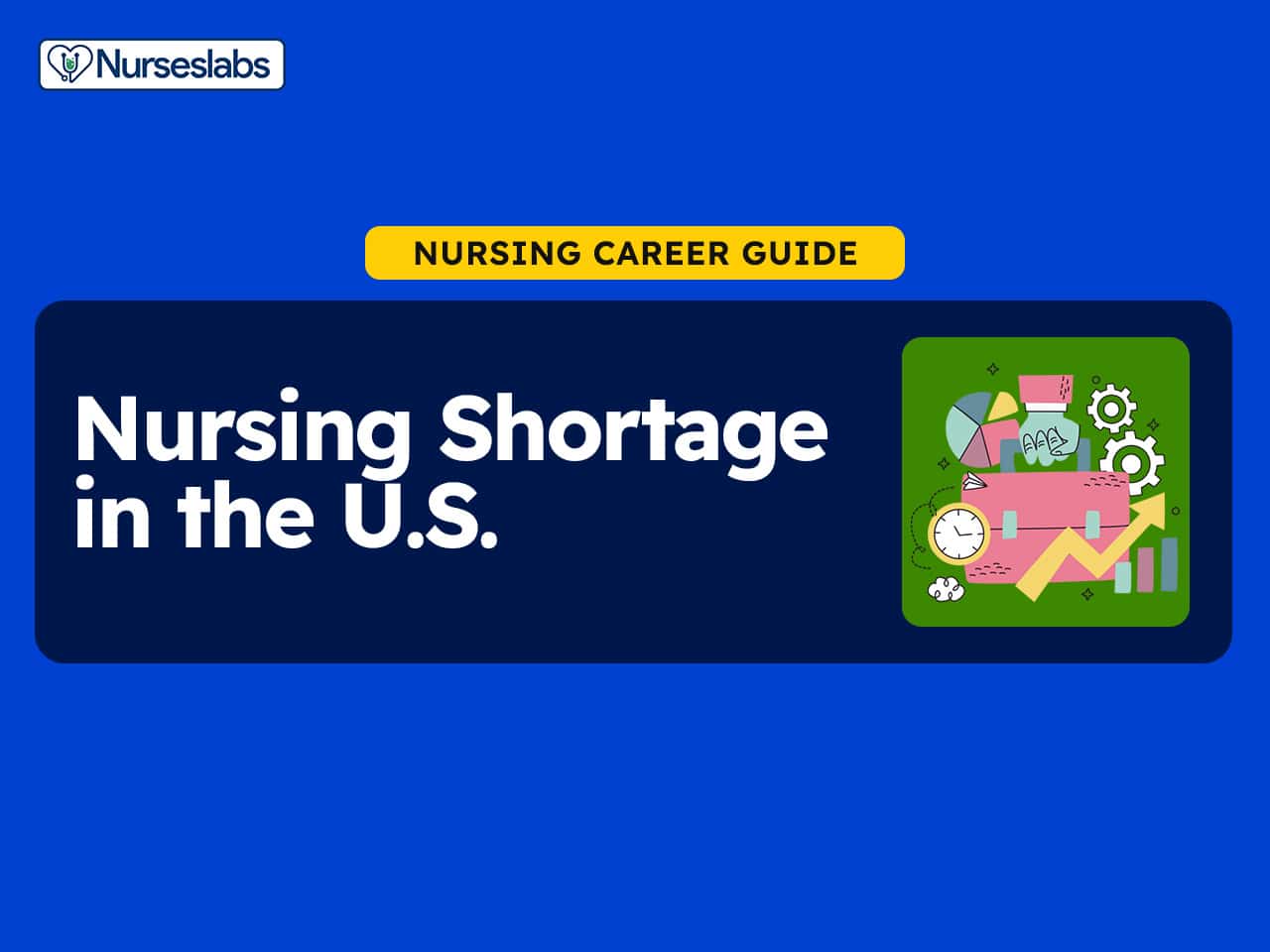
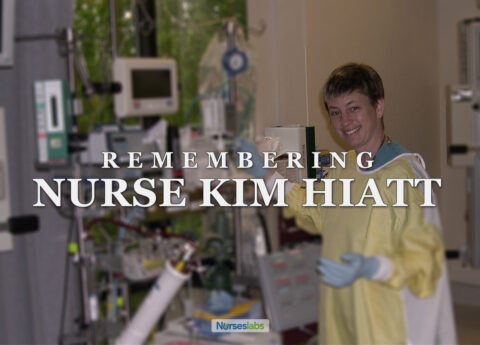


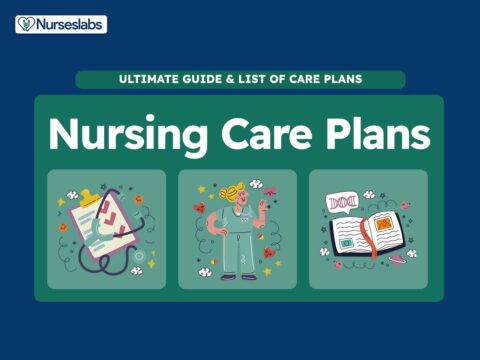

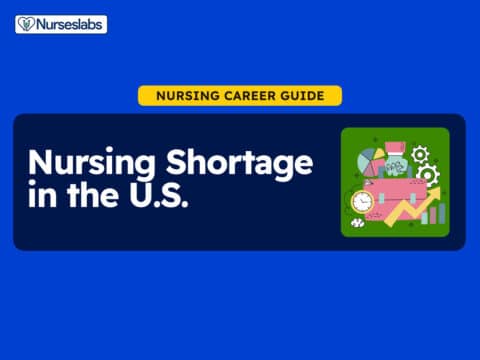
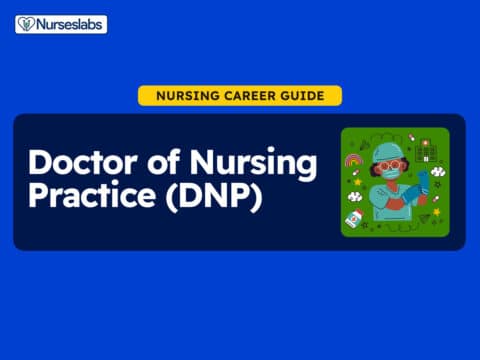
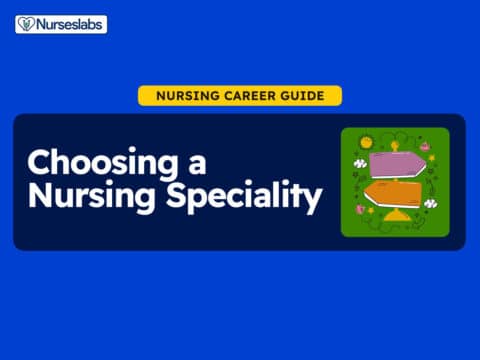

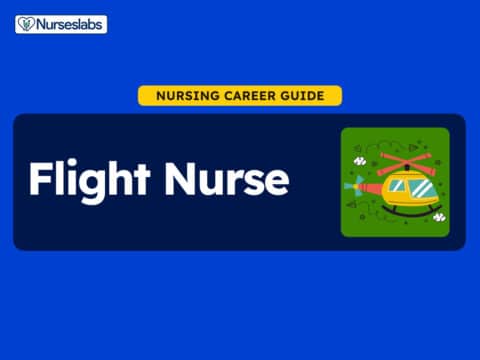
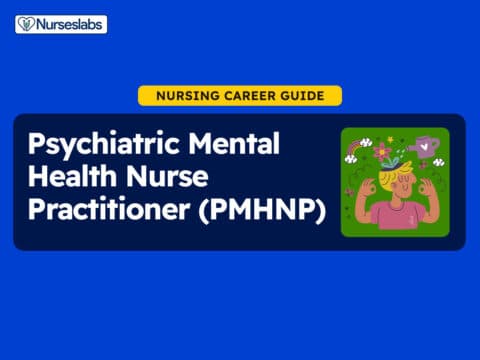
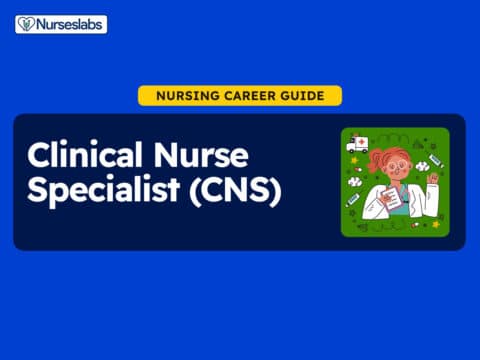
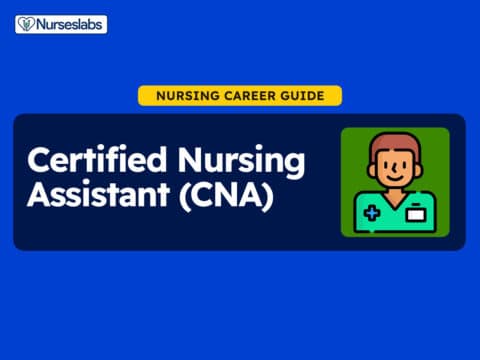
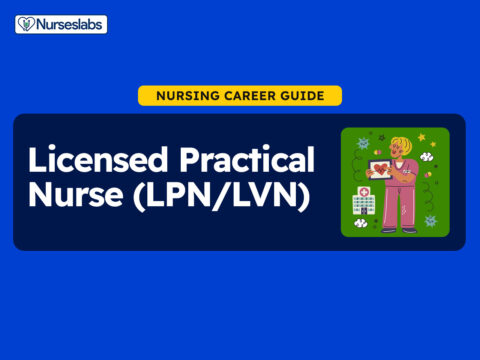

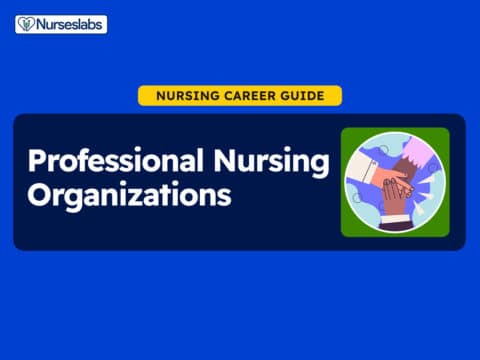
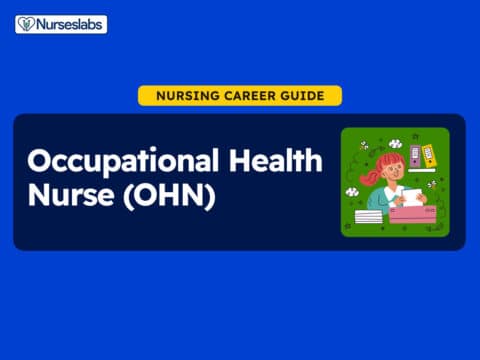
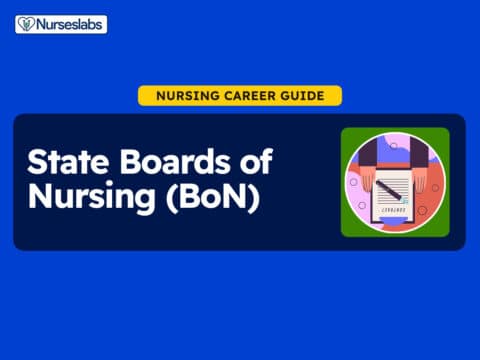
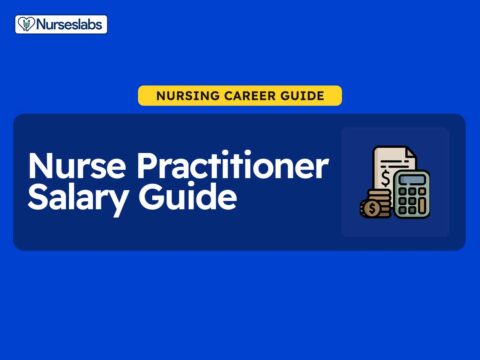
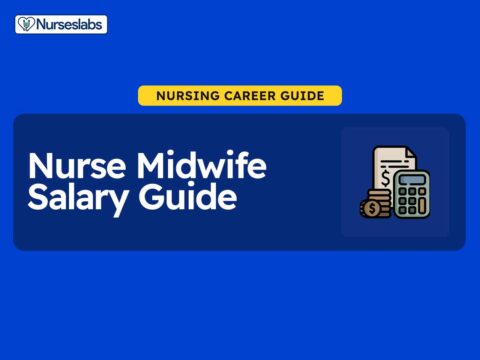



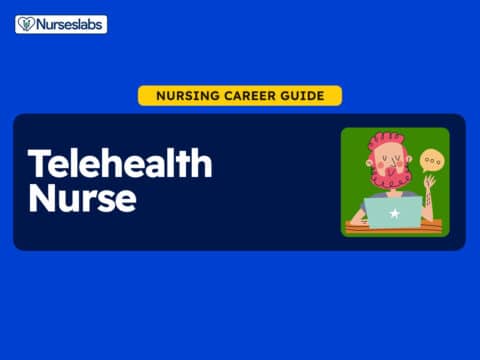
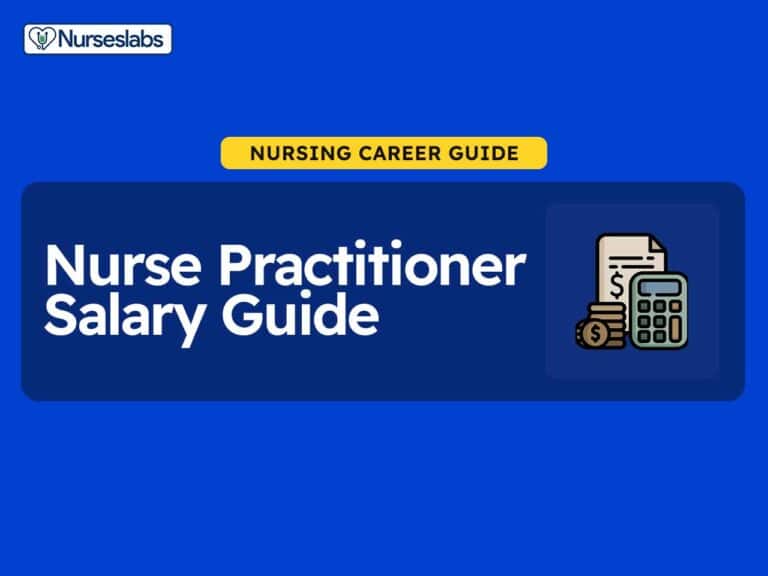

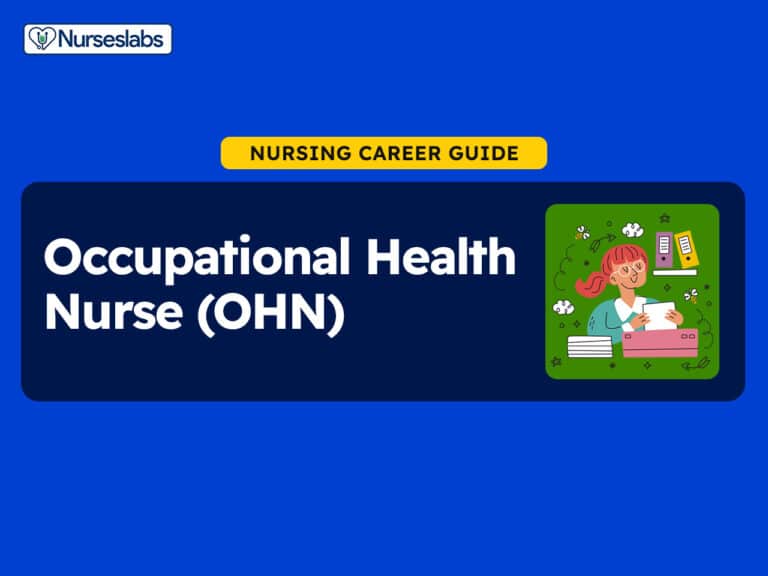
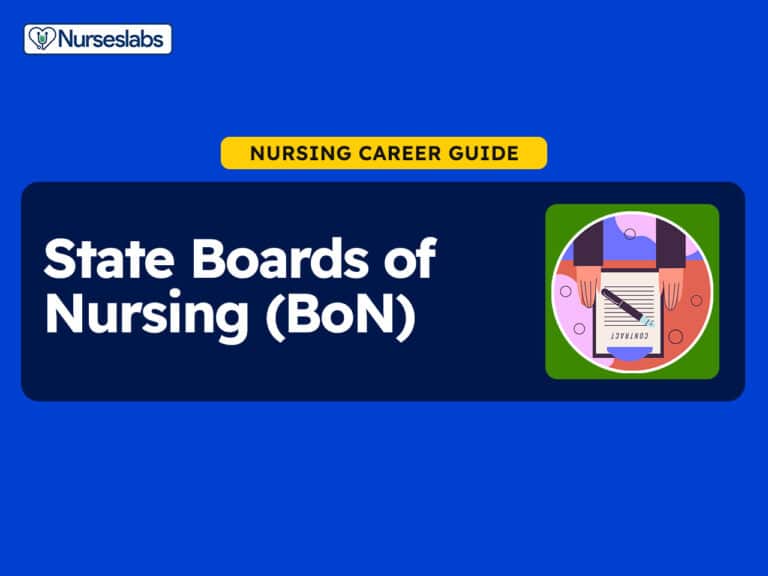
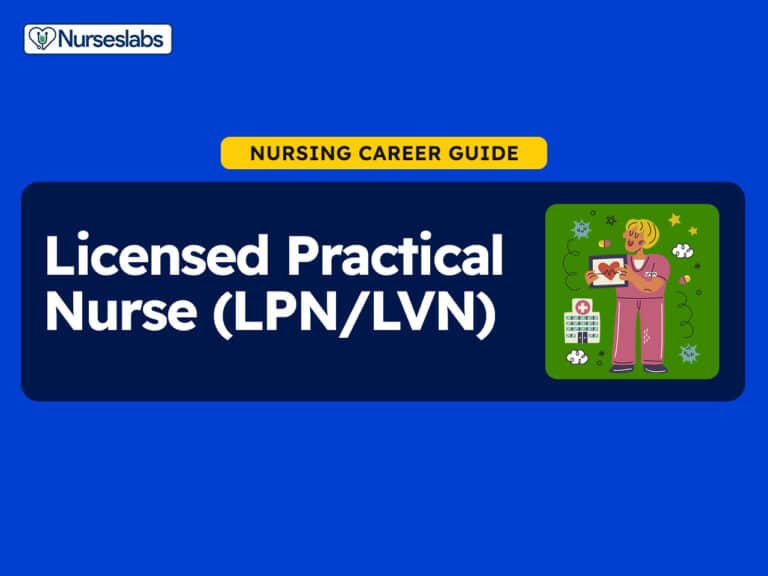
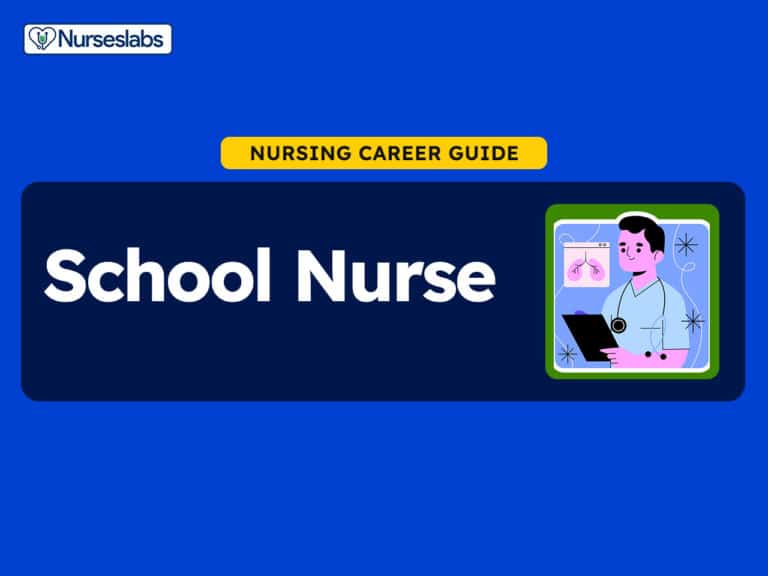
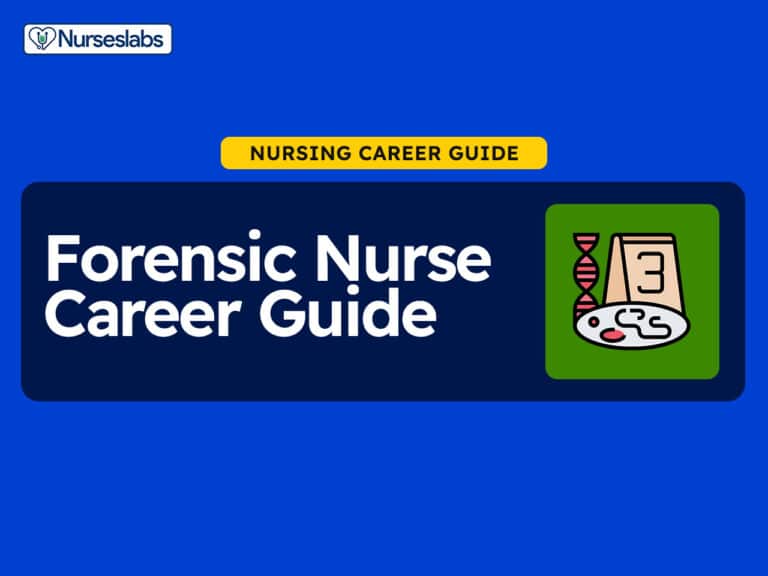

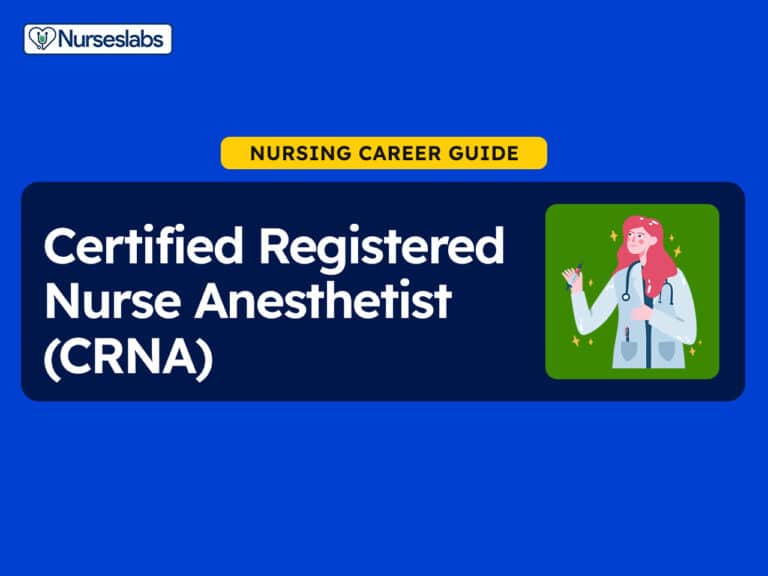
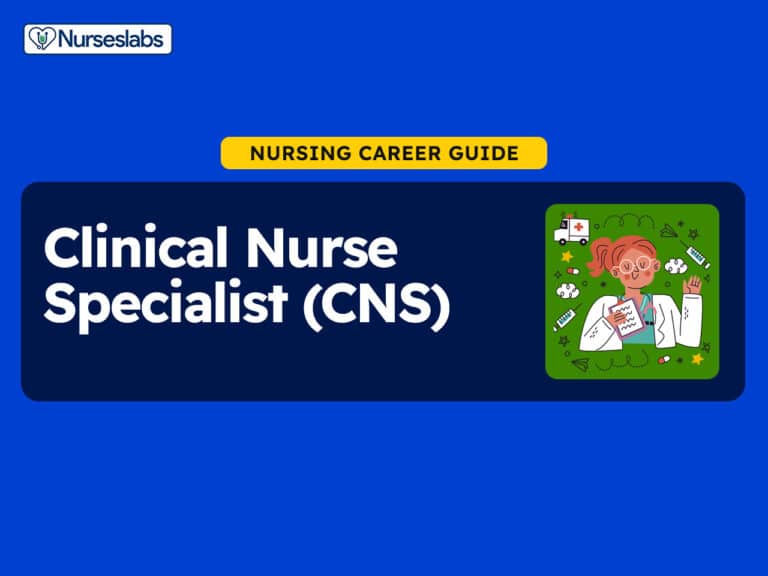

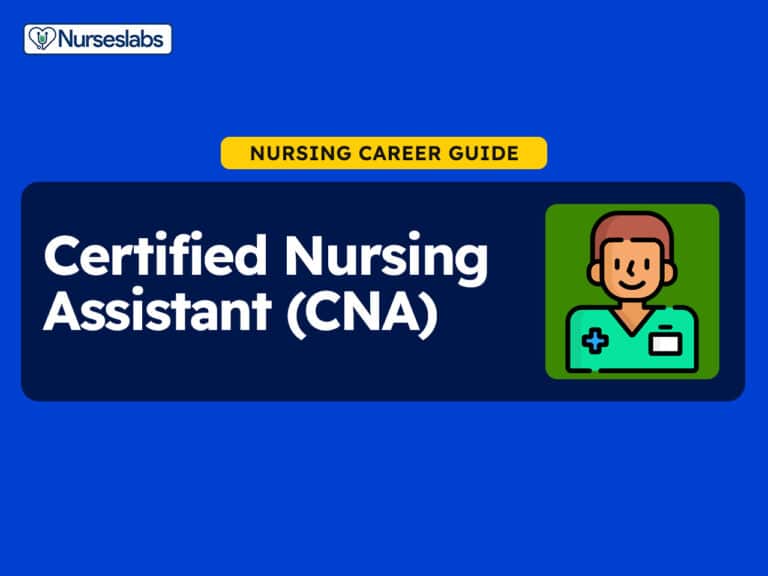
Leave a Comment